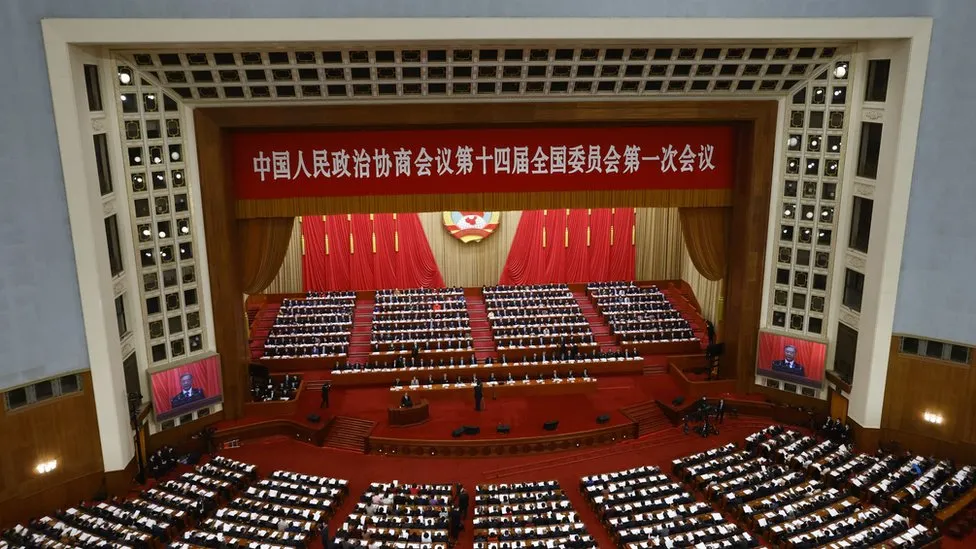Can a rubberstamp parliament help China’s economy?
In China, the National People’s Congress is often criticized for being a rubberstamp parliament, where decisions are made by the ruling Communist Party and approved without much debate.
Some argue that this lack of genuine political representation and accountability can hinder economic progress and innovation. Without a diversity of voices and ideas, policies may not be thoroughly examined and potential flaws may go unnoticed.
On the other hand, supporters of the current system point to China’s remarkable economic growth over the past few decades as evidence that a rubberstamp parliament can be effective in driving economic development. They argue that a strong, centralized government can implement policies swiftly and efficiently, without being bogged down by bureaucratic hurdles.
Ultimately, the effectiveness of a rubberstamp parliament in promoting economic growth may depend on a variety of factors, including the overall political environment, the competence of government officials, and the level of public trust in the government.
Whether or not a rubberstamp parliament can help China’s economy is a complex and contentious issue that continues to be debated by experts and policymakers.
